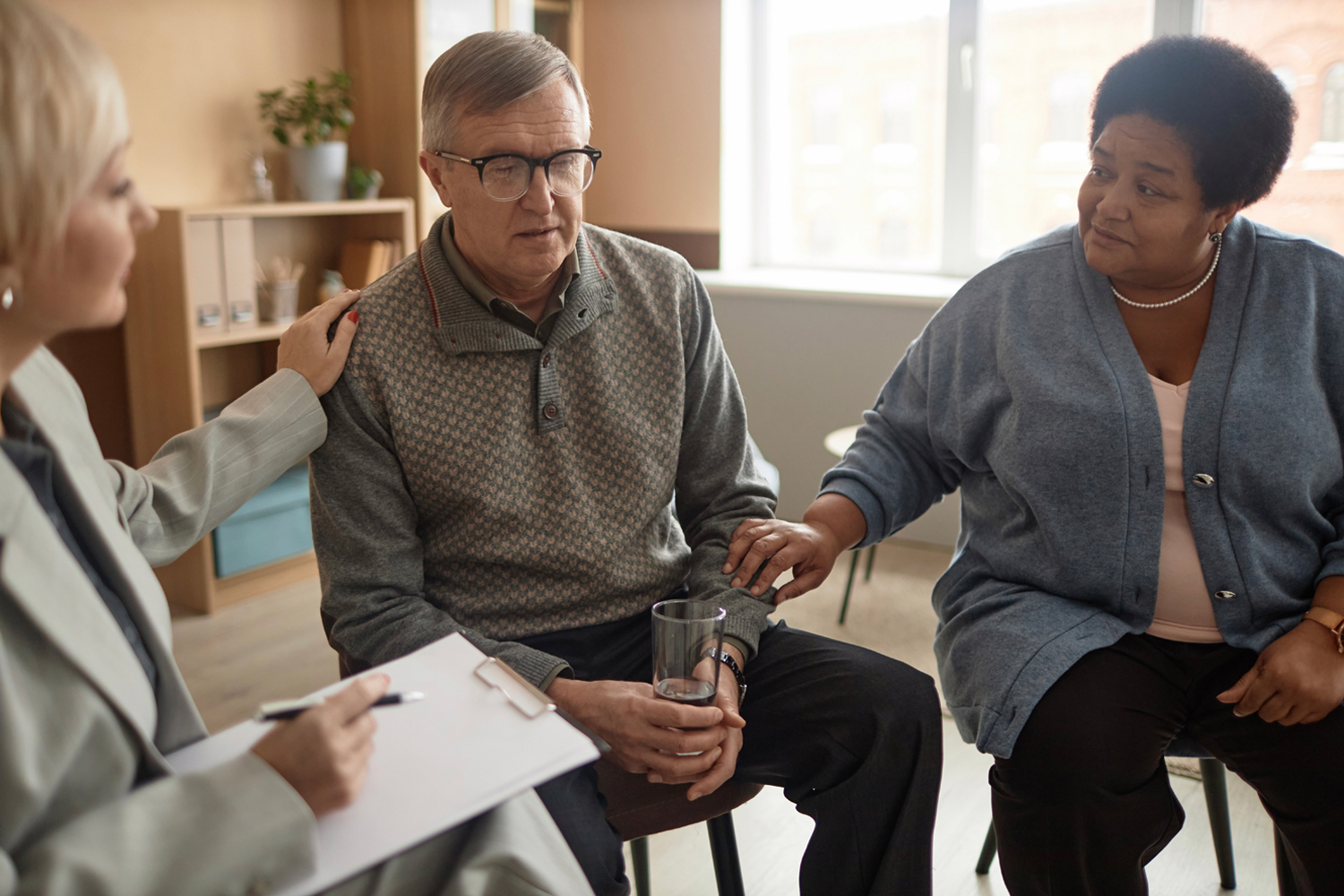IN 2023, SURGEON GENERAL VIVEK MURTHY sounded the alarm over what he called an “epidemic of loneliness” in the U.S., stressing the toll that loneliness takes on physical and mental health. New research suggests loneliness and social isolation create real risks for cancer survivors, potentially shortening their lives.
A study published April 2024 in the Journal of the National Comprehensive Cancer Network looked at 3,447 cancer survivors age 50 or older who completed a questionnaire about factors such as lack of companionship and feeling isolated from others. Survivors who had the highest loneliness scores had a 67% higher mortality rate than those who reported low or no loneliness. The study included deaths from any cause, not just cancer.
Looking for an antidote to loneliness? “Supporting others can help you feel less alone,” says Rebecca Nappi, a social worker at Cleveland Clinic, which runs 4th Angel. This free program matches cancer patients or caregivers with trained volunteer mentors of a similar age and cancer experience.
“Cancer survivors may have a high risk of experiencing loneliness related to their cancer diagnosis and treatment,” says Jingxuan Zhao, a senior scientist at the American Cancer Society who led the study. In the aftermath of a cancer diagnosis, survivors may have depression and anxiety or treatment side effects, such as hearing loss and pain, that can curb their connection with others. They also may feel loved ones don’t understand what it’s like to face cancer, Zhao says. She theorizes lonely people may be more likely to engage in unhealthy behaviors, such as abusing alcohol, smoking and not getting enough physical activity, which may increase their risk of death.
Rebecca Nappi, a social worker at Cleveland Clinic Cancer Center, encourages cancer patients to explore the feelings that come with a cancer diagnosis, including loneliness. “Being open and honest with yourself and family members is a good start,” she says. Nappi suggests survivors ask their treatment team for a referral to a mental health counselor or a support group that can give them an opportunity to meet others who have lived with cancer.
Public gathering places can help you feel connected to the larger community.
“Third spaces”—public places that allow people to gather outside of home and work—can
be helpful for those suffering from isolation, says Rebecca Nappi, a social worker at Cleveland Clinic. Visiting spots such as coffee shops, museums, libraries, restaurants and places of worship can help individuals feel connected to their larger community, even if they choose not to interact with others there, she says.
A 2021 analysis of studies involving a total of 815 people, including some with cancer, showed mindfulness-based activities, such as meditation and yoga, can decrease feelings of loneliness. “Getting out of your head and being in the present moment takes practice,” Nappi says, “but it can help you feel more connected to the world.”
Cancer Today magazine is free to cancer patients, survivors and caregivers who live in the U.S. Subscribe here to receive four issues per year.





